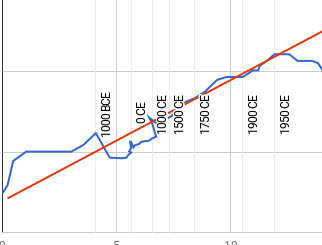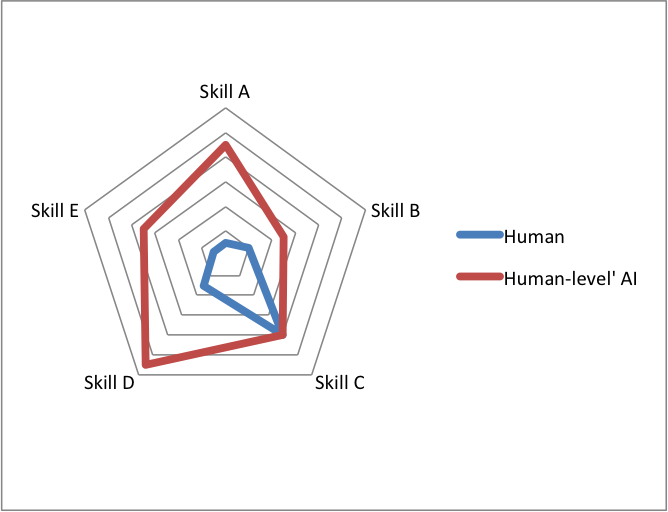In a 1972 poll of sixty-seven AI and computer science experts, respondents were roughly divided between expecting human-level intelligence in 20 years, in 50 years and in more than 50 years. They were also roughly divided between considering a ‘takeover’ by AI a negligible and a substantial risk – with ‘overwhelming risk’ far less popular.
Details
Methods
Donald Michie reported on the poll in Machines and the Theory of Intelligence (pdf download). The participants were sixty-seven British and American computer scientists working in or close to machine intelligence. The paper does not say much more about the methodology used. It is unclear whether Michie ran the poll.
Findings
Michie presents Figure 4 below, and Firschein and Coles present the table in Figure 2, which appears to be the same data. Michie’s interesting findings include:
- ‘Most considered that attainment of the goals of machine intelligence would cause human intellectual and cultural processes to be enhanced rather than to atrophy.’
- ‘Of those replying to a question on the risk of ultimate ‘takeover’ of human affairs by intelligent machines, about half regarded it as ‘negligible’, and most of the remainder as ‘substantial’ with a few voting for ‘overwhelming’.’
- Almost all participants predicted human level computing systems would not emerge for over twenty years. They were roughly divided between 20, 50, and more. See figure 4 below (from p512).





1 Trackback / Pingback
Comments are closed.